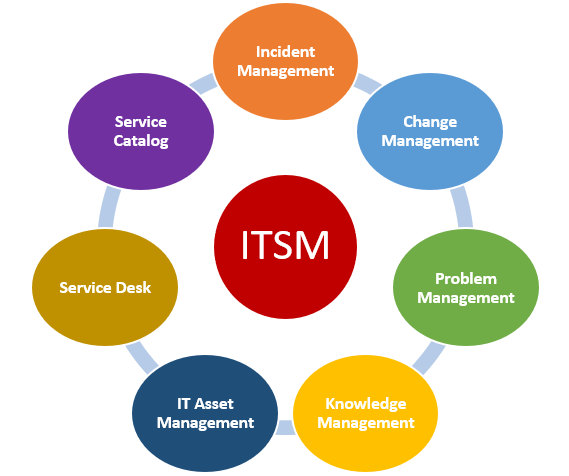Analyzing the Evolving Dynamics of Global IT Service Management Market Share

In the mature and strategic world of enterprise IT software, the battle for IT Service Management Market Share is a fascinating contest between established giants and agile innovators. The market has traditionally been dominated by a handful of large, incumbent vendors who offer comprehensive, feature-rich, and ITIL-certified platforms primarily targeting large, complex enterprises. ServiceNow, in particular, has emerged as the clear market share leader in the enterprise segment with its powerful, platform-based approach. However, this established order is being continuously challenged. A key challenger is Atlassian, which has successfully leveraged its massive and loyal user base in the software development world to capture a significant and growing share of the market with its more developer-friendly and cost-effective Jira Service Management product.
This highly competitive dynamic is playing out within an industry that is growing at a steady and reliable pace, providing opportunities for a range of players to succeed. The overall market is on a firm trajectory to expand from USD 37.28 billion in 2024 to a size of USD 70 billion by 2035, propelled by a healthy compound annual growth rate (CAGR) of 5.9%. This sustained growth means that while the leaders are defending their positions, there is enough new demand being created each year to support a diverse ecosystem of providers. The growing pie allows for different strategies to succeed, from the comprehensive platform play of the leaders to the more focused, niche strategies of smaller vendors who might target a specific industry or company size with a tailored solution.
The primary strategies for capturing market share are varied and reflect the different philosophies in the market. For the large platform players like ServiceNow, the key strategy is to expand beyond core ITSM into a broader "platform of platforms" for the entire enterprise, a concept known as Enterprise Service Management (ESM). By offering modules for HR, facilities, and customer service on the same platform, they aim to become the central operating system for all business services. In contrast, players like Atlassian are winning market share by focusing on the convergence of development and IT operations (DevOps). Their strategy is to offer a seamlessly integrated solution for both software development and IT support, which is highly appealing to modern, tech-forward companies.
Looking forward, the future distribution of market share will likely be shaped by the ability to offer a more intelligent and user-friendly experience. As the core functionalities of ITSM become commoditized, differentiation will come from the user interface and the infusion of artificial intelligence. The vendors who can provide the most intuitive, consumer-like self-service portals for employees and the most powerful AI-driven automation and insights for IT professionals will be well-positioned to gain share. The ability to provide an open and extensible platform that can easily integrate with the hundreds of other tools in the corporate IT landscape will also be a critical factor in determining which companies will lead the market in the coming years.
Explore Our Latest Trending Reports:
- Art
- Business
- Causes
- Crafts
- Dance
- Drinks
- Film
- Fitness
- Food
- Giochi
- Gardening
- Health
- Home
- Literature
- Music
- Networking
- Altre informazioni
- Party
- Religion
- Shopping
- Sports
- Theater
- Wellness
